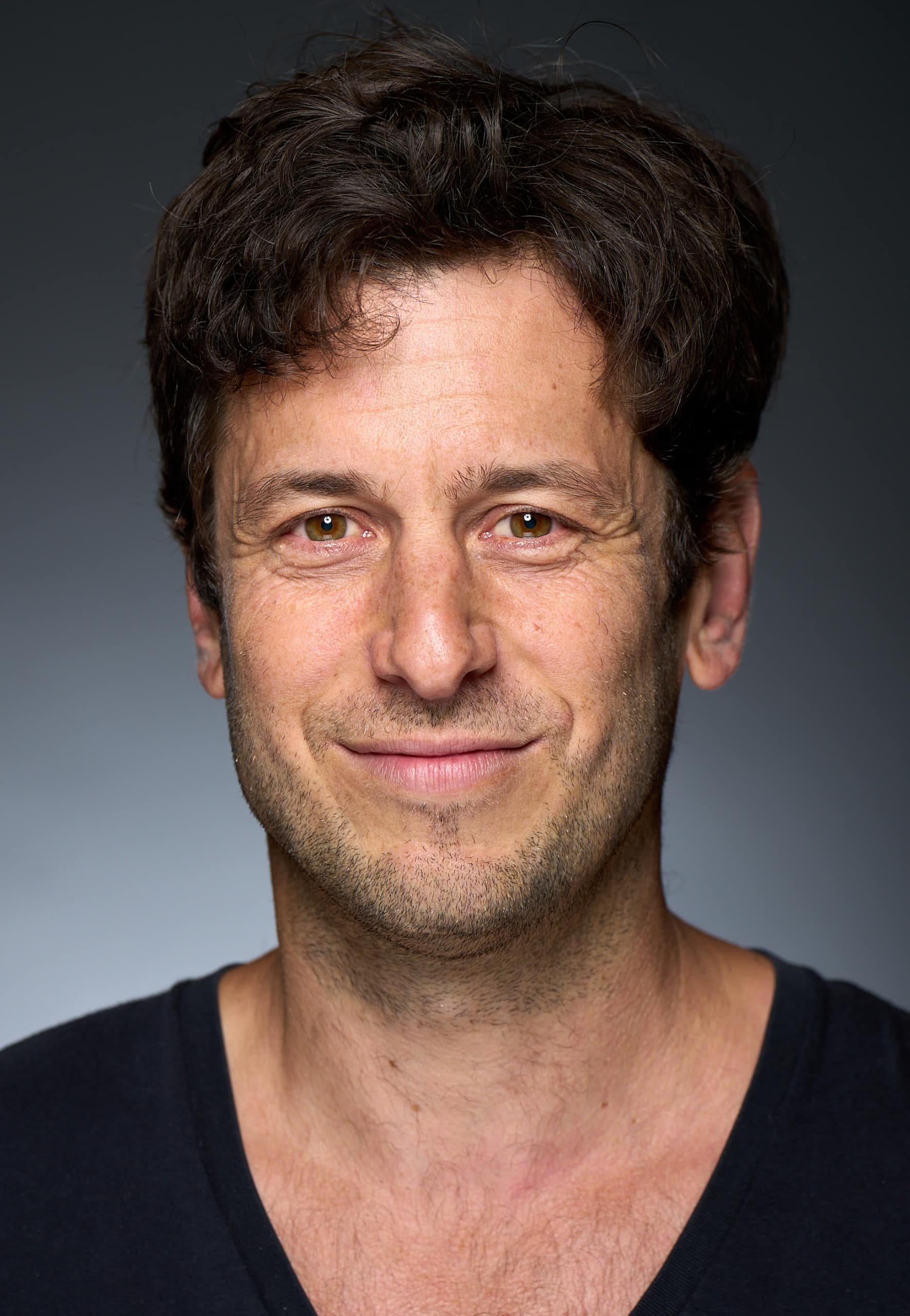Must Read
Prince Harry: A Royal Drama of Blame and Reflection
In a world where public figures often find themselves under scrutiny, Prince Harry has become a focal point of controversy and debate.
His recent comments have ignited discussions about his past, his family dynamics, and the implications of his actions.
As he navigates through this tumultuous landscape, one can't help but question whether he is truly aware of the ramifications of his words or if he is simply lost in a whirlwind of self-pity.
Harry's revelations about a 2002 article accusing him of substance abuse have stirred up old wounds.
He claims that these false narratives were fueled by manipulative journalism, suggesting that his father, King Charles, and stepmother, Camilla, may have played a role in perpetuating these damaging stories.
This assertion raises eyebrows—how could a son accuse his own parents of such betrayal?
It's a complex web of familial relationships, and Harry appears to be caught in the middle.
As Harry reflects on his past, particularly regarding his struggles with addiction, one must wonder: is he genuinely seeking to confront his demons, or is he merely using them as a shield against accountability?
His brother, Prince William, reportedly feels more anger towards the deceit than empathy, highlighting the growing rift between the siblings.
Their relationship, once characterized by camaraderie, now seems strained, with months passing without any communication.
Critics are quick to label Harry as someone who wallows in self-pity, constantly revisiting past grievances.
Some argue that he should take responsibility for his choices rather than deflecting blame onto others.
After all, he has openly discussed his experiences with drugs in his own memoirs, leading many to question the sincerity of his current outrage over past media coverage.
The narrative surrounding Harry is rife with irony.
Here is a man who has openly admitted to substance use yet expresses indignation when that history comes to light.
It begs the question: how can he expect to rewrite his story without acknowledging the truth of his past?
The more he attempts to vilify his family, the further he distances himself from them, creating a cycle of hurt that seems never-ending.
Moreover, Harry's portrayal of his father's actions as akin to those of his late mother raises eyebrows.
King Charles, like Princess Diana, sought to guide his son through troubled waters.
Yet, Harry interprets this guidance as a form of punishment rather than support.
Is it possible that he is misreading his father's intentions, or is he simply unable to see beyond his own narrative?
As Harry continues to navigate his life in the public eye, he risks becoming a caricature of himself.
His attempts to paint his family as the villains in his story might resonate with some, but many see through the façade.
Instead of fostering understanding, his remarks often come off as desperate attempts to garner sympathy, leaving observers questioning his motives.
The public perception of Harry has shifted significantly since his departure from royal duties.
Once seen as a charming and relatable figure, he now faces skepticism.
Many are tired of what they perceive as endless whining about his treatment by the royal family and society at large.
With each new revelation, he seems to dig a deeper hole, alienating those who once supported him.
Interestingly, Harry's narrative intertwines with broader societal issues, including mental health and the consequences of fame.
While he has spoken candidly about his struggles, his approach often appears self-serving.
As he tries to reclaim his narrative, he inadvertently reinforces the idea that he is more focused on self-preservation than genuine healing.
As the world watches Harry's journey, one can't help but feel a sense of sadness.
Here is a man who, despite his privileged background, seems unable to find peace.
His constant need to blame others for his troubles suggests a lack of personal accountability, which only exacerbates his isolation.
In the end, Harry's story serves as a cautionary tale about the dangers of living in the past.
While it's essential to acknowledge one's history, it's equally crucial to move forward with purpose and clarity.
Instead of perpetuating a cycle of blame, perhaps he would benefit from embracing the lessons learned from his experiences.
As the dust settles on this latest chapter of Harry's life, the question remains: can he evolve beyond the narrative he has created for himself?
Only time will tell if he can break free from the chains of his past and forge a new path that embraces both authenticity and accountability.








































